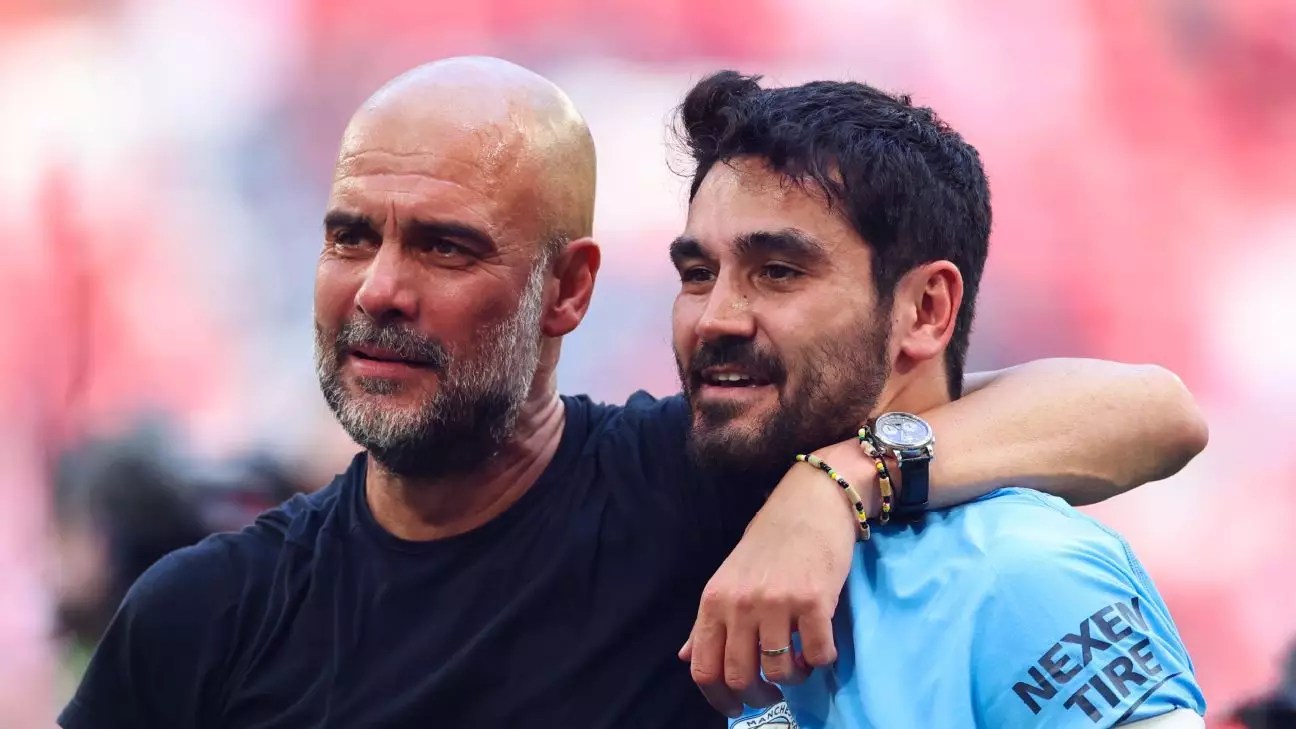When Germany and Spain clashed in the Euro 2024 quarterfinals, the matchup felt like the final of the entire competition. Both nations have adopted a sophisticated and possession-based style of play that has made them philosophical siblings on the football field. This evolution can be traced back to Spain’s influence on German football, which first became evident at the 2010 World Cup. Joachim Löw’s Germany team, featuring players like Mesut Özil, Sami Khedira, Thomas Müller, and Toni Kroos, began to shift towards a dominant possession style, reminiscent of Pep Guardiola’s Barcelona side. Spain’s impact on German football continued to grow as Guardiola took over at Bayern Munich in 2013, bringing with him new tactical ideas and players like Thiago Alcantara.
The Guardiola Effect on Bayern Munich
Guardiola’s tenure at Bayern Munich marked a significant shift in the club’s style of play. Players like Javi Martínez provided defensive stability, while Thiago Alcantara became a creative force in midfield. Guardiola’s tactical adjustments and emphasis on possession football influenced not only Bayern Munich but also the German national team. While Guardiola has adapted his tactics at Manchester City in recent years, his influence on German football remains evident. Current Germany coach Julian Nagelsmann has continued to develop the team’s playing style, finding a balance between defensive solidity and attacking flair.
More recently, Xabi Alonso has made his mark on the Bundesliga, redefining Bayer Leverkusen’s style of play with patient passing and innovative positioning. Following in Guardiola’s footsteps, Alonso has created a unique brand of dominance on the football field. Spain, currently the strongest team at the Euros, showcases a similar level of dominance with a strong midfield core and technical one-on-one players on the wings. In contrast, Germany relies on attacking midfielders like Jamal Musiala to unlock opposition defenses in tight spaces. Both nations share a similar approach to the game, emphasizing possession and control of the pitch.
As the rivalry between Germany and Spain continues to evolve, both nations are faced with new challenges and opportunities. Germany’s embrace of possession football and Guardiola’s tactical ideas has reshaped the team’s playing style, while Spain’s dominance on the international stage reflects a commitment to technical excellence and a strong midfield presence. The clash between these two footballing philosophies has created a dynamic and competitive environment in European football, pushing both nations to strive for excellence on the world stage. As the football landscape continues to evolve, the influence of Spain on German football will undoubtedly shape the future of both nations’ playing styles and approaches to the game.
The clash between Germany and Spain in Euro 2024 serves as a reminder of the evolving nature of football and the impact of tactical innovation on the sport. The philosophical sibling rivalry between these two nations highlights the interconnectedness of footballing styles and the influence of coaches and players on the game’s development. As Germany and Spain continue to push the boundaries of what is possible on the football field, fans can expect to witness a thrilling and competitive rivalry that showcases the best of European football.


Leave a Reply